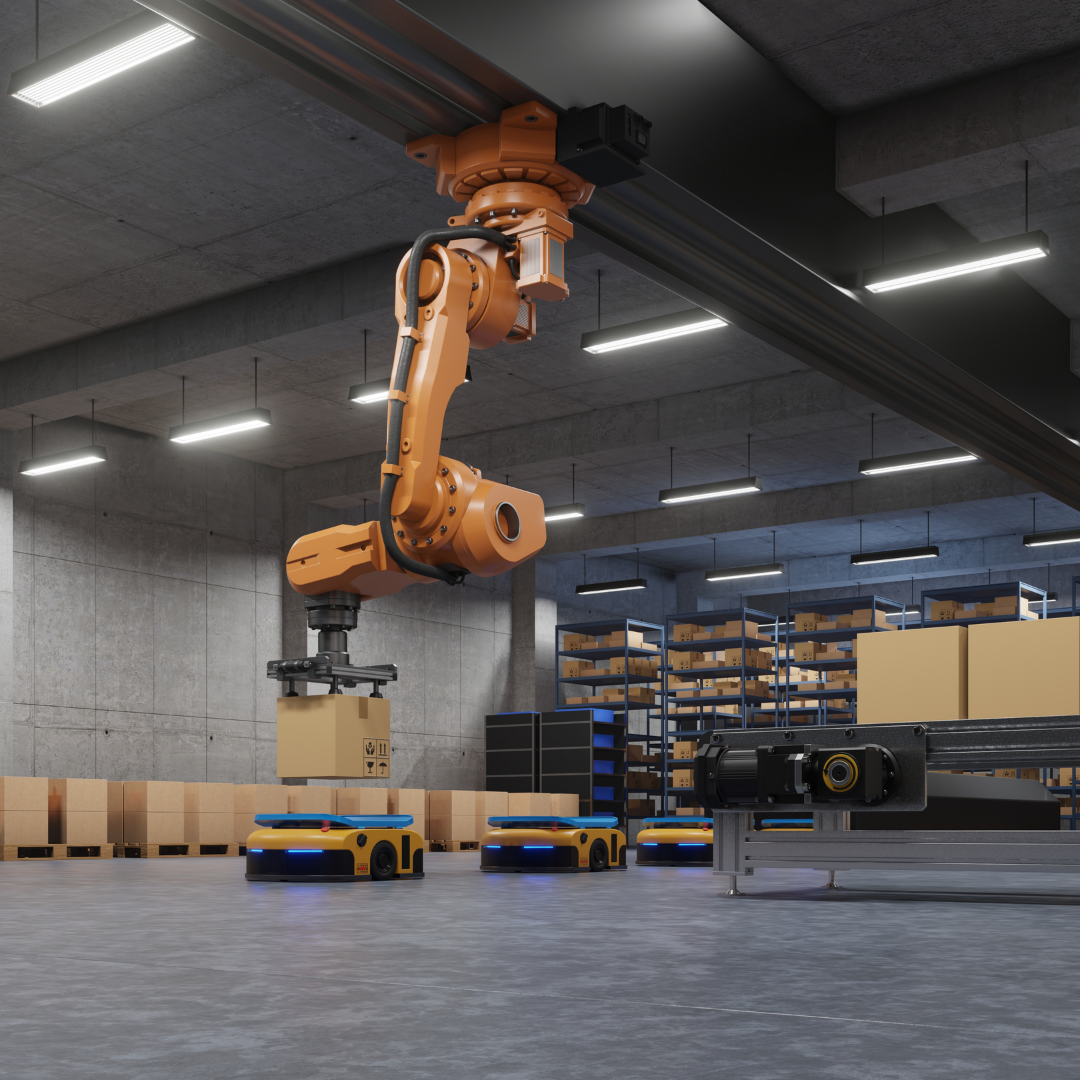news and events
Introducing an Innovative Approach to Robot Packing: MIT Researchers Leverage AI for Efficiency

The task of packing objects efficiently in constrained spaces has been a challenge for both humans and robots. MIT researchers have, however, found an ingenious solution. They employed a type of generative AI called a diffusion model to address complex packing issues.
For robots, effective packing necessitates the satisfaction of multiple constraints. This includes arranging objects to prevent them from falling, ensuring heavy objects don't crush lighter ones, and avoiding collisions with the robot's arm and the surrounding environment.
Traditional methods usually address these constraints sequentially, which can be time-consuming and impractical. In contrast, the MIT team's approach utilizes a collection of machine-learning models, each trained to handle a specific constraint. These models work in concert to generate holistic solutions, accounting for all constraints simultaneously.
Notably, their technique excels at providing faster and more numerous successful solutions. Importantly, it also adapts to novel combinations of constraints and larger object sets not seen during training.
This adaptable approach has broader applications, such as enhancing robots' abilities to understand and meet diverse constraints in unstructured environments, from warehouse order fulfillment to home organization.
MIT graduate student Zhutian Yang, the lead author, envisions a future where robots tackle complex, geometrically-constrained tasks in dynamic human settings. The technique's versatility, rooted in compositional diffusion models, promises to address these complex challenges effectively.
The research, to be presented at the Conference on Robot Learning, takes on continuous constraint satisfaction problems often encountered in multi-step robot manipulation tasks. These problems involve diverse geometric, physical, and qualitative constraints, varying across different scenarios.
To efficiently solve these issues, the researchers developed a machine-learning technique known as Diffusion-CCSP. It leverages diffusion models to generate data resembling training samples and iteratively refines potential solutions. The models begin with a random initial guess and gradually improve it, satisfying constraints in the process.
Diffusion-CCSP captures the interconnectedness of constraints. For instance, in packing, one constraint might require specific objects to be adjacent, while another dictates their positions. The models collaborate to find solutions that jointly meet these constraints.
Importantly, this method reduces the amount of training data required. The researchers initially generated solutions with fast algorithms in simulation, ensuring solvability. The diffusion models then learned from this data to determine object locations that met the constraints in real-world robot packing tasks.
In various experiments, Diffusion-CCSP outperformed other techniques, producing a greater number of stable, collision-free solutions.
Moving forward, the researchers plan to apply this technique to more complex situations, including mobile robots in dynamic environments. They also aim to make Diffusion-CCSP adaptable across different domains without extensive retraining.
Overall, this innovative machine-learning approach holds promise for enhancing the efficiency, safety, and reliability of autonomous systems in diverse applications. The research was supported by various organizations, including the National Science Foundation, MIT-IBM Watson AI Lab, and Boston Dynamics Artificial Intelligence Institute.
